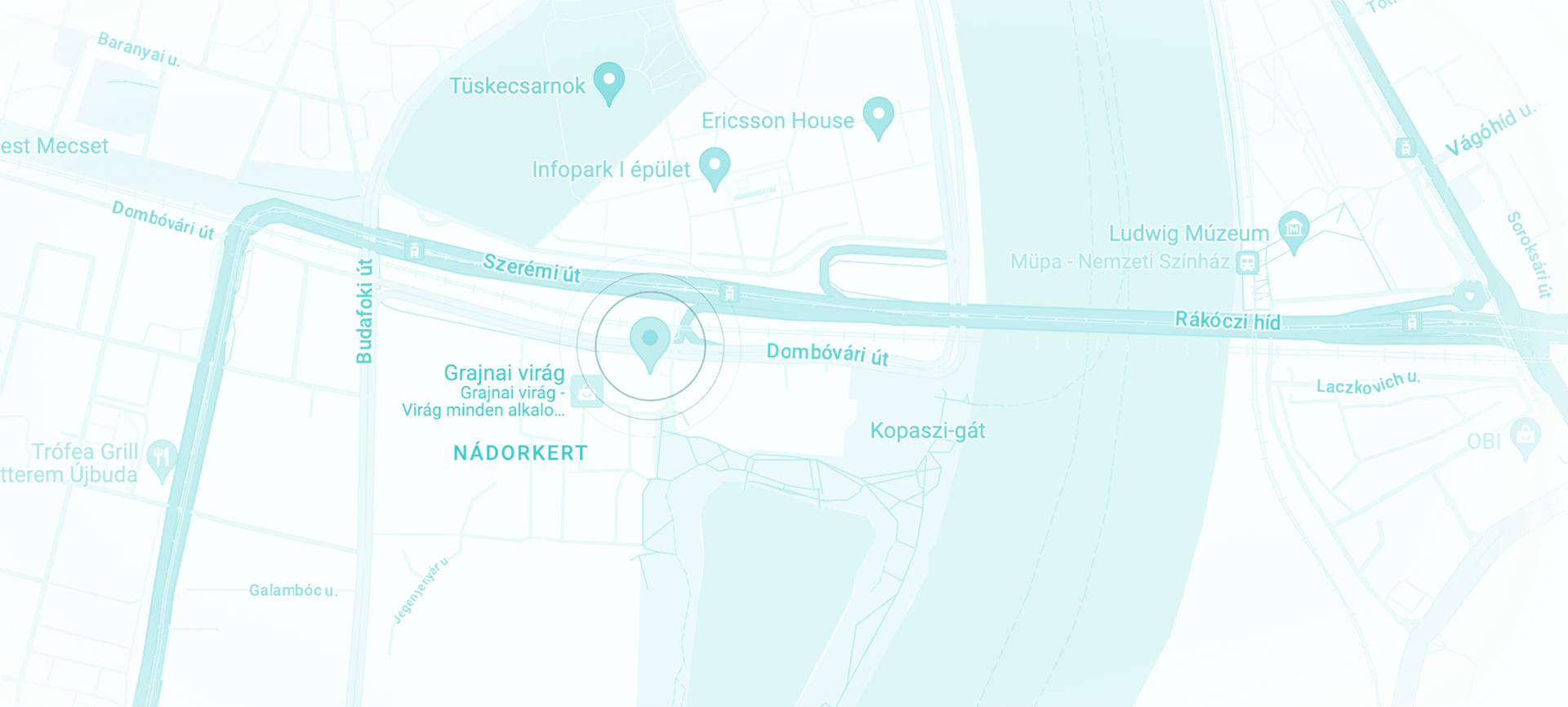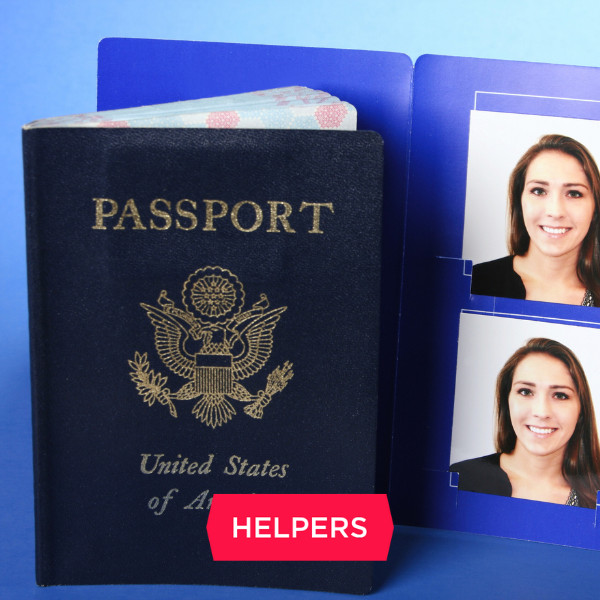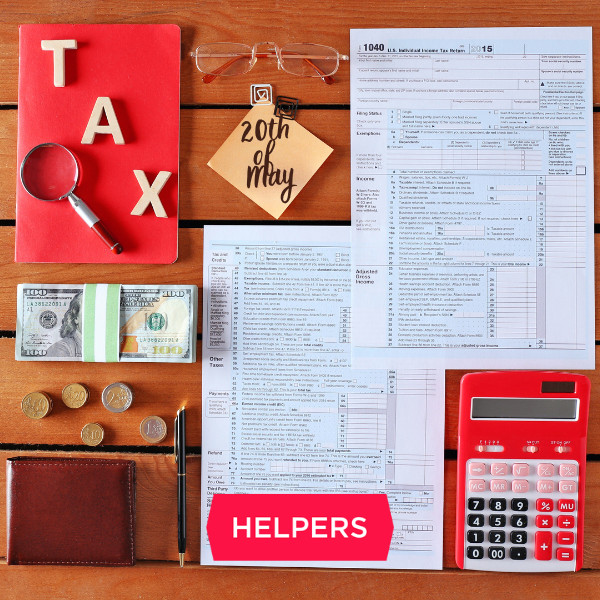
Can I buy a car in Hungary?
If you have a Hungarian address, yes, you are allowed to buy a car in Hungary. You don’t even need a driver’s license for the purchase (if you don’t want to drive your car). Read on to get an overview of what to watch out for when buying a vehicle.
If you have a Hungarian address, yes, you are allowed to buy a car in Hungary. You don’t even need a driver’s license for the purchase (if you don’t want to drive your car). Read on to get an overview of what to watch out for when buying a vehicle.
Things to consider before buying a car
You can buy (and register) a car in Hungary if you have a Hungarian address. You can use either your plastic address card or your accommodation slip (with a QR code) as a proof of address, so not only Hungarian citizens and EU nationals are allowed to buy a car in Hungary, but also third-country nationals if they have a residence permit.
Interestingly enough, you do not need a driver’s license to buy a car in Hungary. Obviously, you will not be allowed to drive your car without a valid license, but the purchase itself is possible. Additionally, you do not need a driver’s license for taking out liability insurance either (MTPL). Most calculators do ask for the license number because calculation involves checking the driver’s safety rating (“bonus-malus” score), but taking insurance is possible without that directly from a provider; in that case, the basic A00 rating will be applied.
Before you buy a car, make sure to consider the following:
1. Will you need a loan?
Loans are typically available only to those who have plastic address cards. If you only have an accommodation slip, you will most probably not receive a loan from any bank. Additionally, there is a high chance you will be required to present a driver’s license of your own, even if you will be only the owner, not the driver.
2. Where will you keep your car?
Will you have a garden or garage of your own, or are you planning to park your car on the street in front of your house? Especially in Budapest, street parking is available for free only to local residents. In some districts, this requires a plastic address card, and an accommodation slip is not accepted. If you are not sure, ask your local municipality in advance.
3. How to safely buy a car?
You can buy both new and used cars, both from dealerships and from natural persons. As a foreigner, however, it might be easier to buy from a dealership, because then there is a bigger chance that the dealer speaks English, can provide bilingual contract templates, and take care of the registration for you.
While there is usually a warranty on new cars, used cars are normally sold “as is”. As a result, it makes sense to get a mechanic or another expert to inspect the car on your behalf and let you know if there are any issues with it. This way you can avoid future disputes. At the same time, you should also check online to see if there are any claims on the car (e.g. if it was originally bought with a loan).
If you are buying from a natural person, you can ask to sign the purchase agreement in front of a notary to avoid misunderstandings.
4. Costs of purchase and maintenance
When you buy a car, you will not only have to pay the purchase price. You will have additional costs both upon purchase and then every year, both for maintenance and for daily use.
- Fee of a mechanic if you want one to inspect the car on your behalf before purchase
- Originality inspection – an authorized mechanic checks the car to see if it is indeed the vehicle listed in the documents and confirms that the owner has the right to sell it.
- Notary fee if you want the purchase agreement notarized (not mandatory, this is just a safety feature if you are buying used).
- Registration fees at the government office – depends on the age and performance of the car, includes a new registration certificate (“törzskönyv”), a new roadworthiness certificate (“forgalmi engedély”), and if the car is new, a set of license plates.
- MTPL (motor third-party liability insurance, or “KGFB” in Hungarian) – mandatory, but you may choose the insurance provider of your preference; it should be renewed yearly, typically in November.
- Comprehensive insurance (“casco” in Hungarian) – not mandatory, it is just a safety feature.
- Property tax – based on the age and performance of the vehicle; in some cases, it might be waived, e.g. for electric vehicles.
- Vehicle tax – payable twice a year, in March and September.
- Mandatory inspection every other year – set a reminder at least a month before the expiry of the roadworthiness permit and find a mechanic.
- Maintenance – consider if any mechanic will do or if you will need an authorized repair shop; you might also need to switch between summer and winter tires twice a year (and store the unused set somewhere).
- Child seats – if you are driving children, they need custom seats until they grow taller than 150 cm.
- Highway tolls – if you are planning to travel a lot, you might want to buy a highway pass for your vehicle.
- Parking permits and fees – even if parking is free for you where you live, there is a high chance you will need to pay for parking if you go anywhere.
- Fuel costs
5. Driving in Hungary
Hungary is a member of the Vienna Convention on Road Traffic. If you obtained your driver’s license in another member state, you might find driving rules and conventions in Hungary already familiar. However, make sure to take a quick look at the most important rules of driving in Hungary here.
If you are staying in Hungary for more than 1-2 years, you will need to have your driver’s license localized. You can learn about that here.
Basic administrative tasks when buying a car
Once you have decided to purchase a car and found the vehicle of your dreams, make sure to create a written agreement of the sale (preferably a bilingual one). You will need to sign the agreement in at least 4 copies: two for you and two for the seller. The seller will need to report within 8 days that they have sold their car to you, while you will also need to register the purchase at a government office. If you buy a car from a dealership, you can give them a power of attorney to take care of everything on your behalf. This everything may include not only the registration, but also buying the first MTPL and paying the first taxes – discuss your options with the dealer.
You will need to receive / immediately take care of the following:
- Originality inspection results
- Purchase agreement (2 copies for you)
- Keys
- Registration documents: registration certificate, roadworthiness certificate, maintenance log (if the car has one), license plates (if the car is new)
- MTPL
- Property tax
About Helpers Hungary
Helpers provides comprehensive business and immigration services to foreigners living, working, and doing business in Hungary. While currently our main focus is business setup and residency application, we always do our best to support expats with their administrative needs by providing easy to digest guides about various topics.
Was this article useful? Sign up for our monthly newsletter and get regular overviews of our most interesting pieces.
Contact
Contact us today
Monday - Friday
9am - 5pm CET
Helpers Hungary Kft
Budapart Gate
Dombóvári út 27
Budapest 1117, Hungary
If you’re visiting us, please use entrance A and come to the 2nd floor.






